Normal Governance and Civics Worksheets for Ages 4-9 - Page 2
41 filtered results
-
From - To
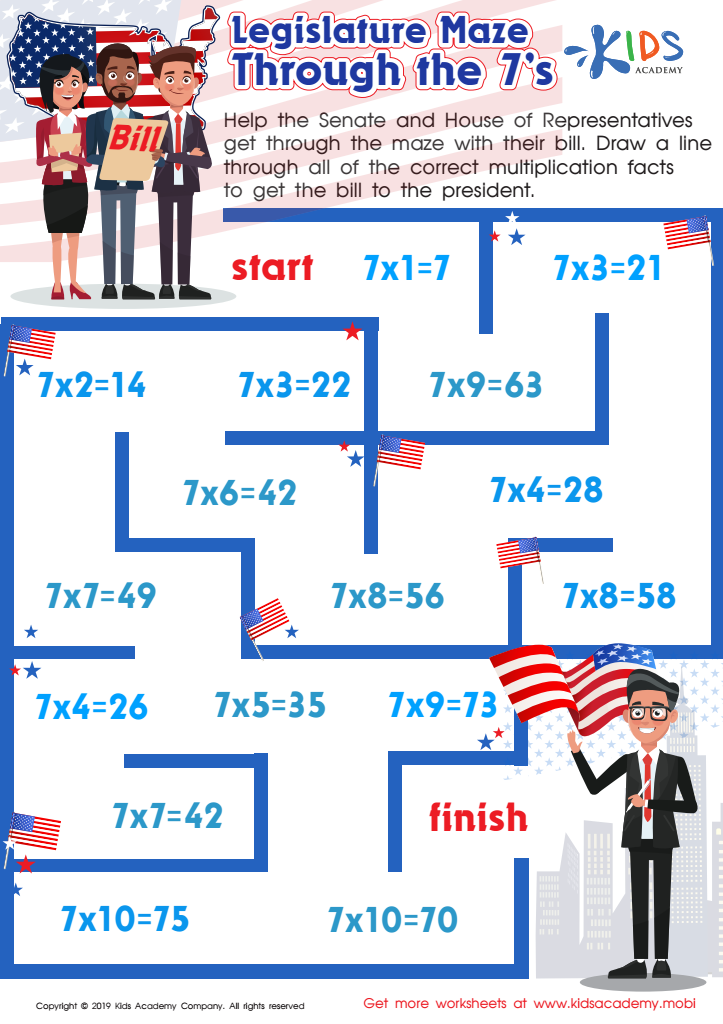

Legislature Maze Through the 7’s Worksheet
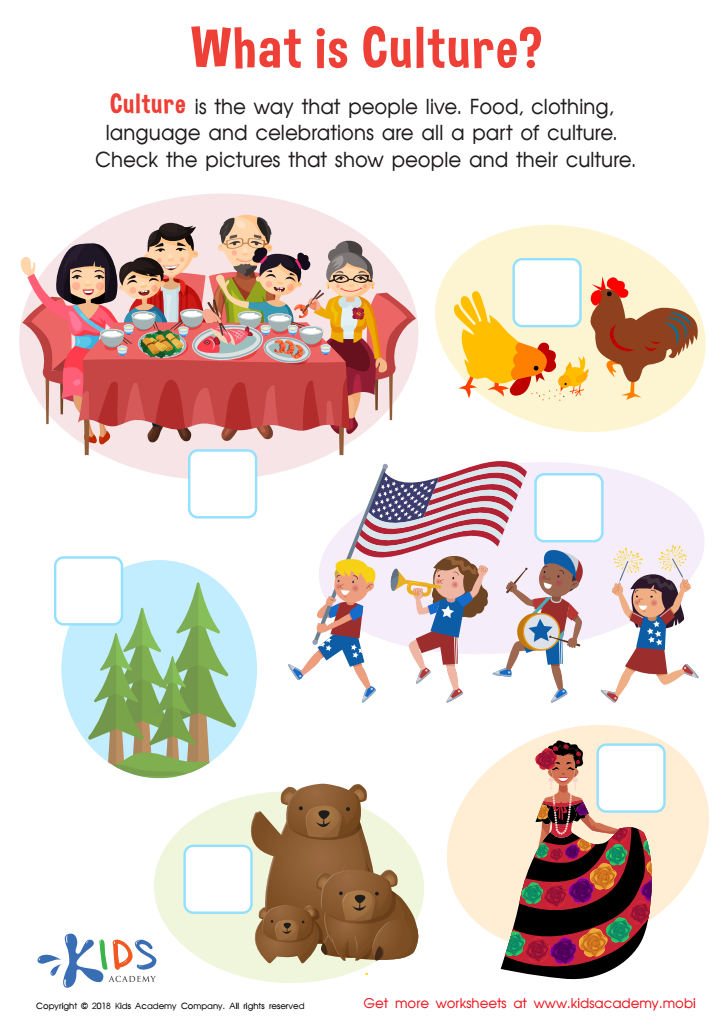

What Is Culture? Worksheet
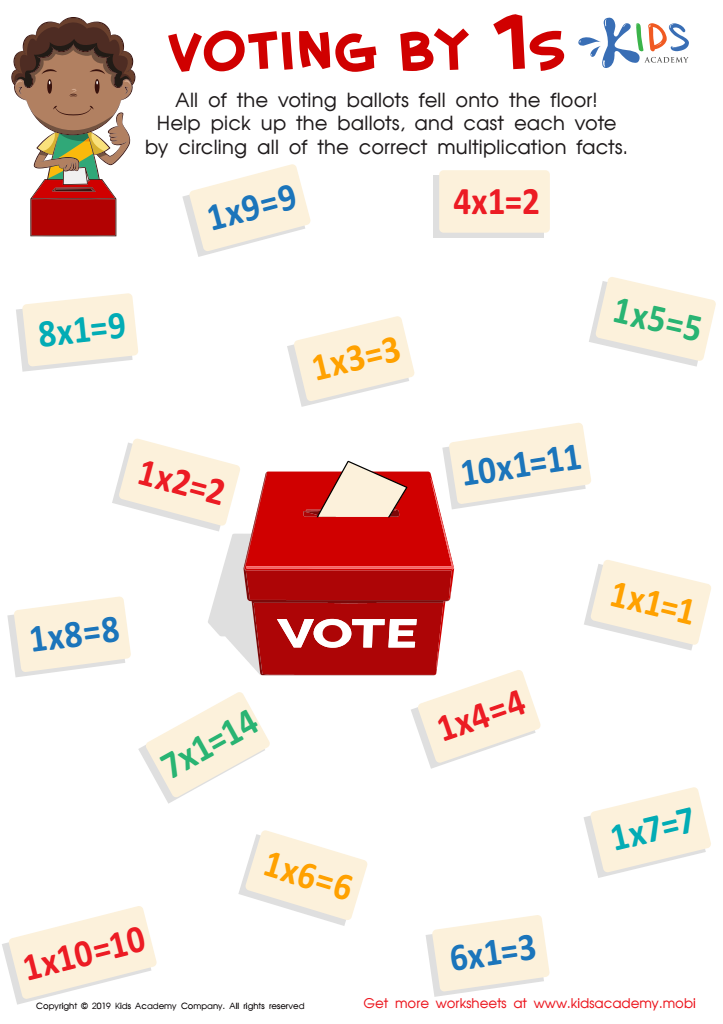

Voting by 1s Worksheet
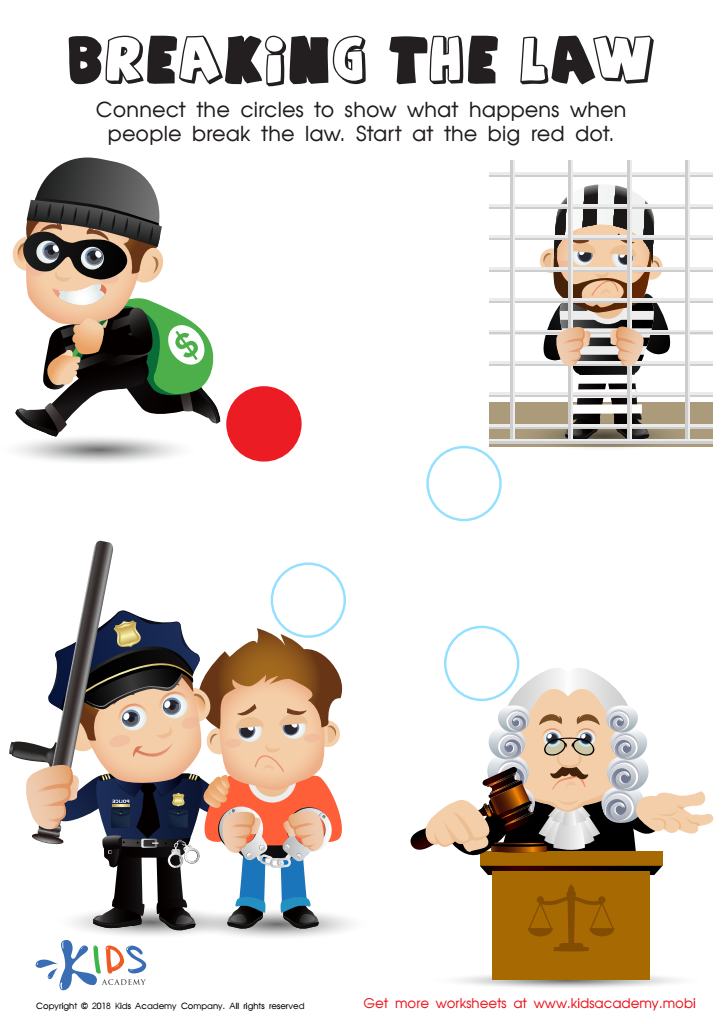

Breaking the Law Worksheet


Election Day Worksheet
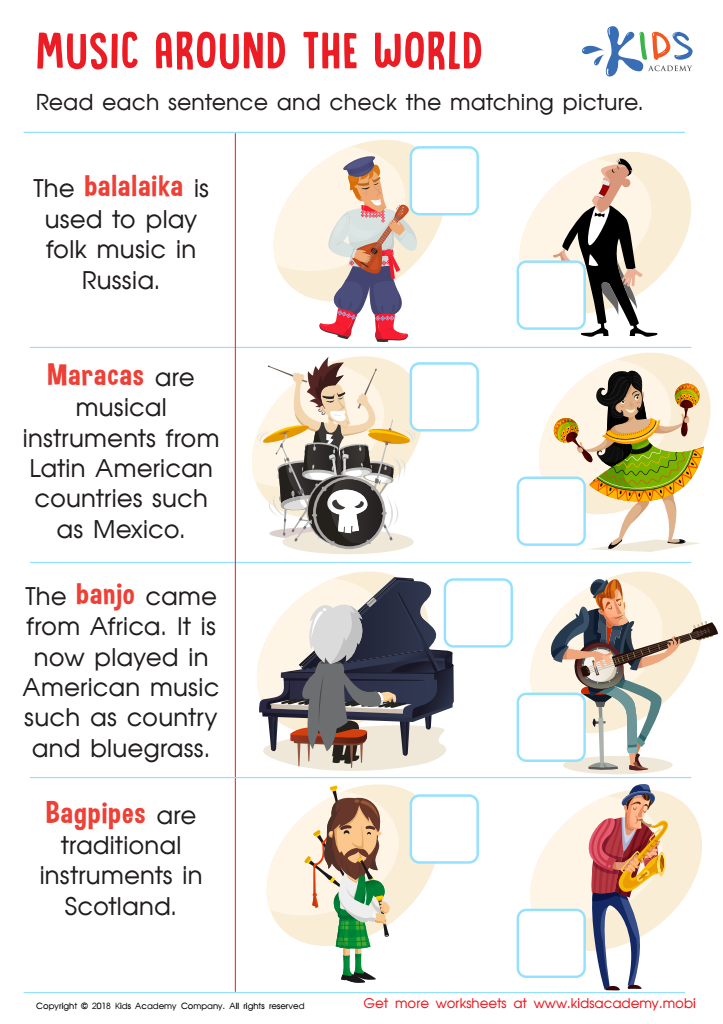

Music Around the World Worksheet


Chinese Word Tracing: Ni Hao Worksheet


Declaration of Independence Word Search Printable
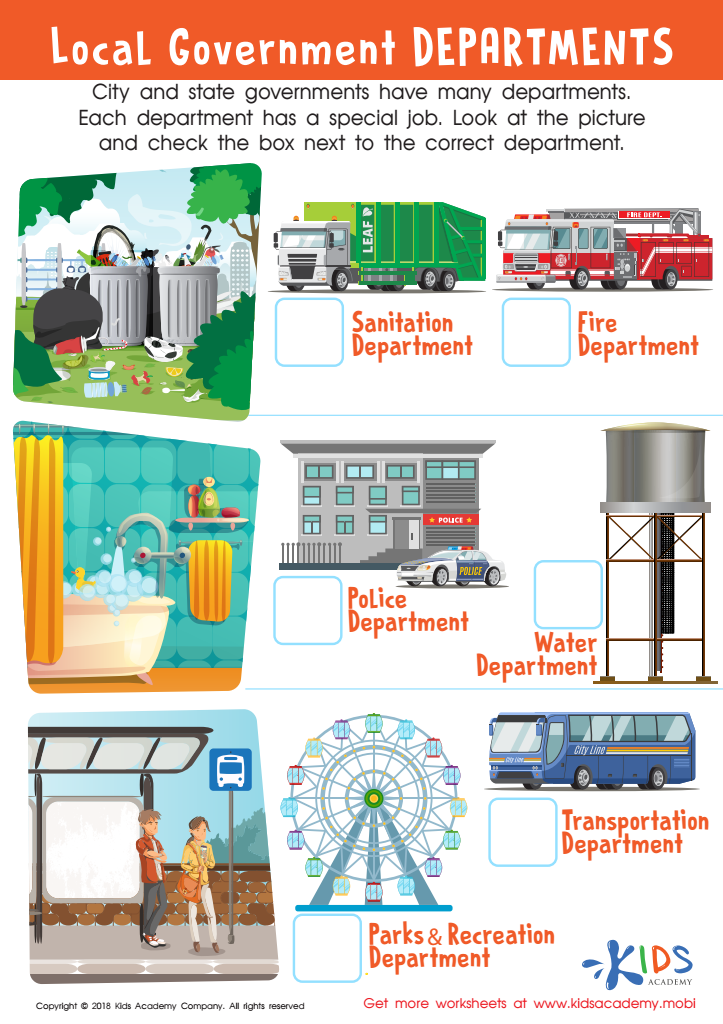

Local Government Departments Worksheet
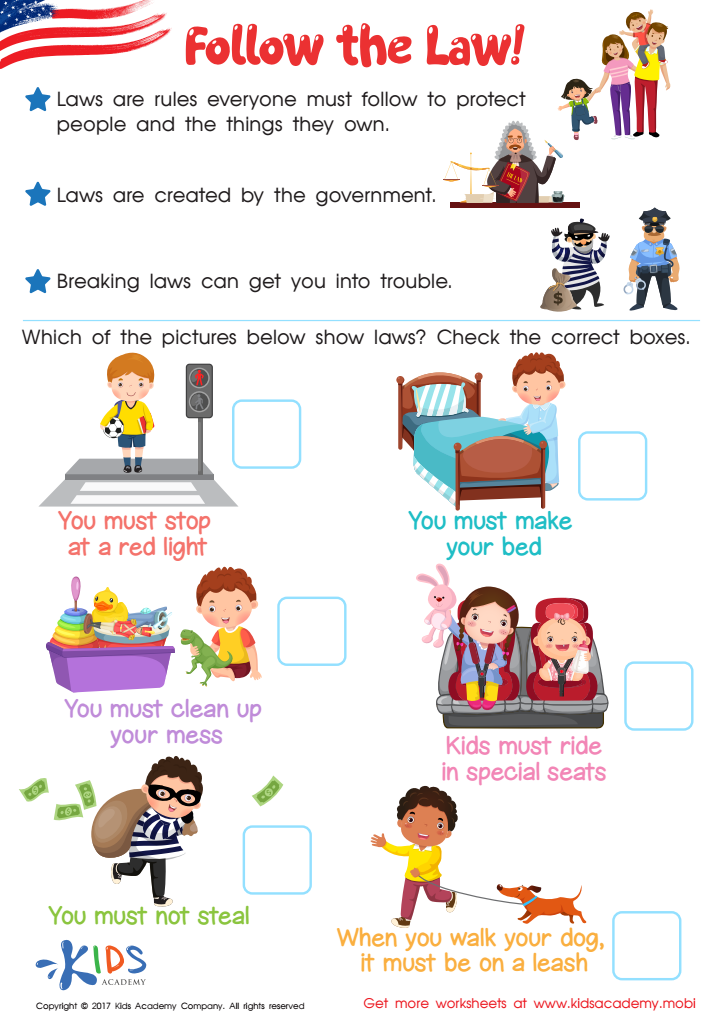

Follow the Law Worksheet
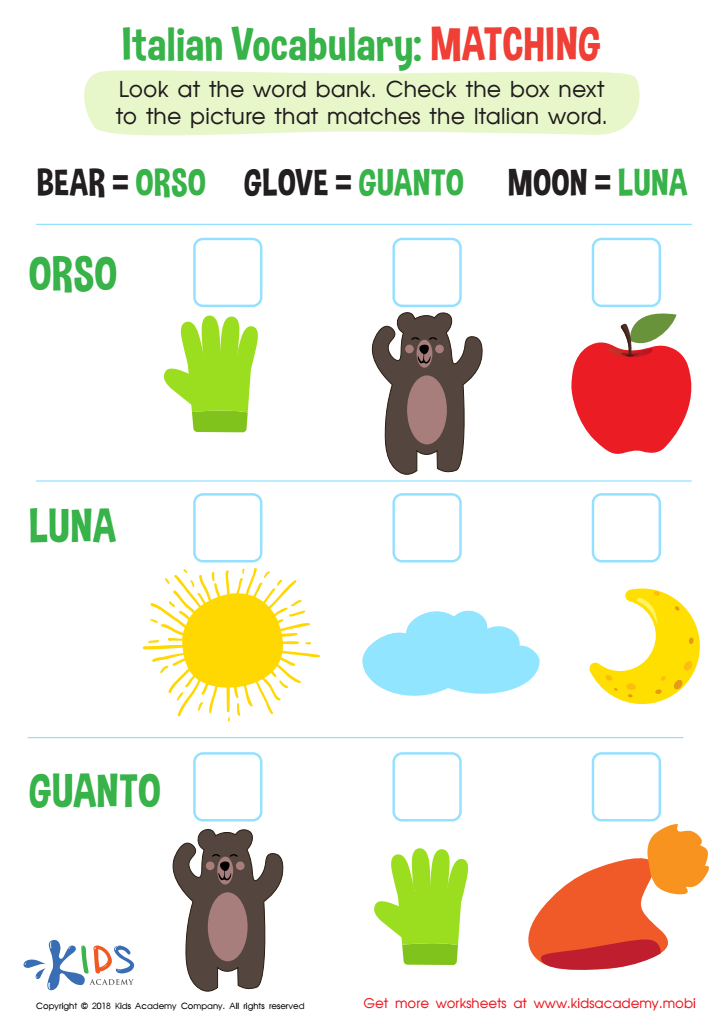

Italian Vocabulary Matching Worksheet
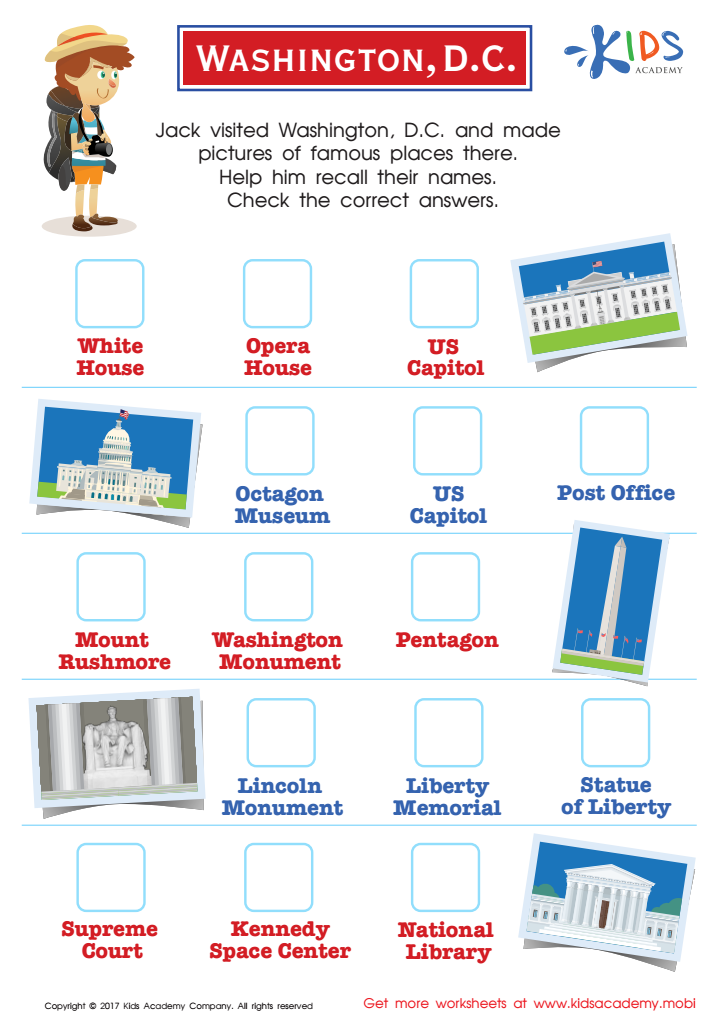

Washington D.C. Printable Worksheet
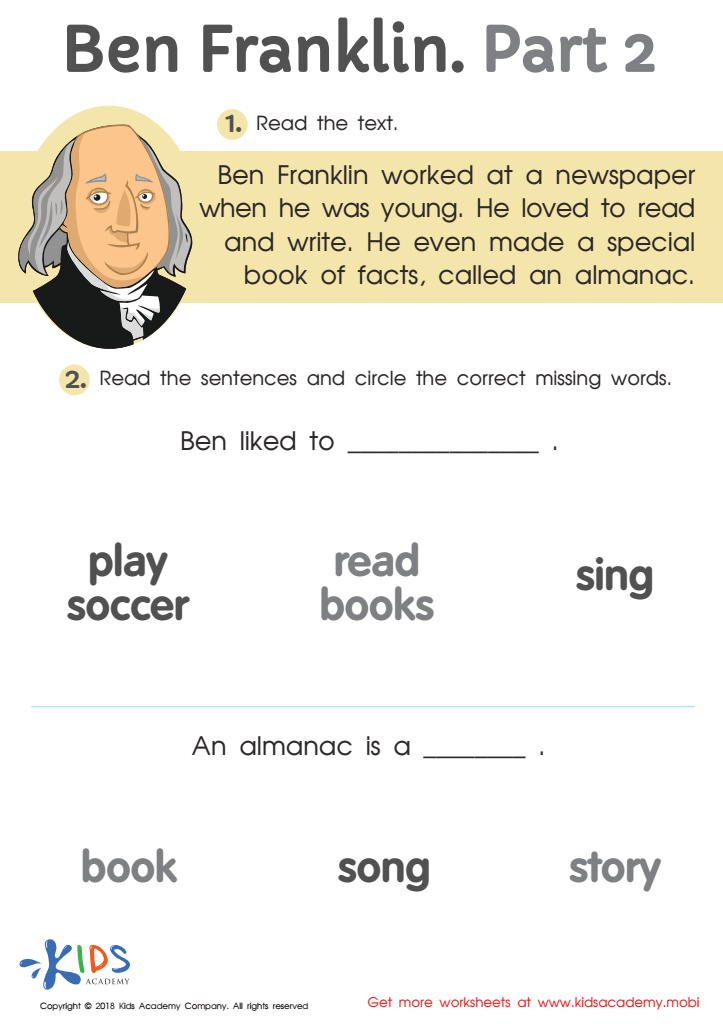

Ben Franklin Part 2 Worksheet
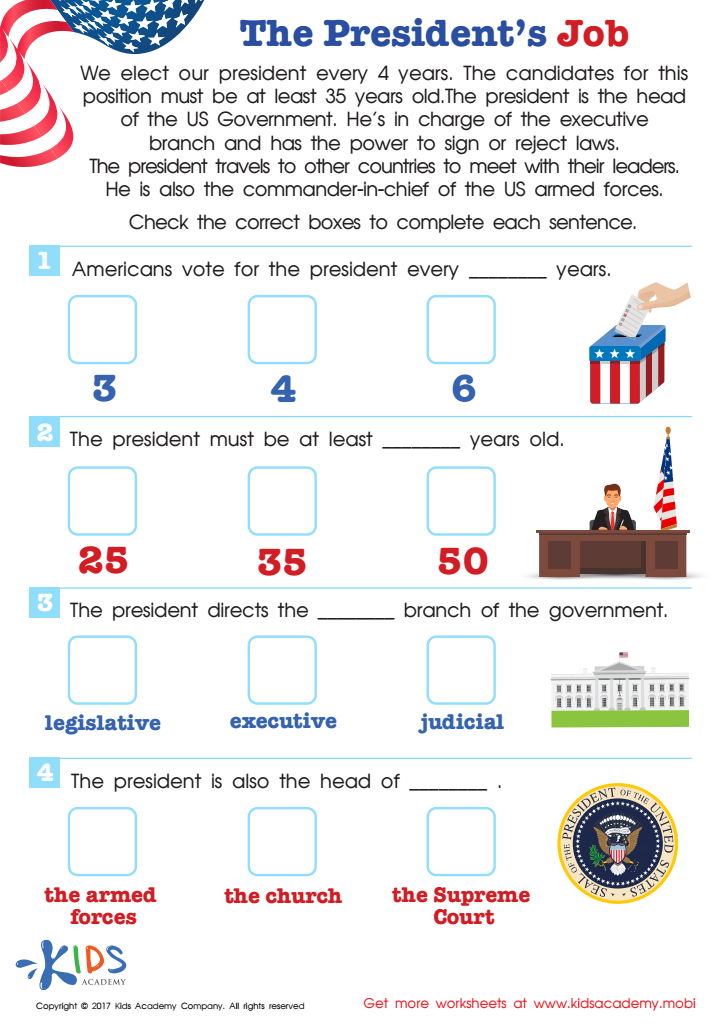

President of the USA Job Description Worksheet
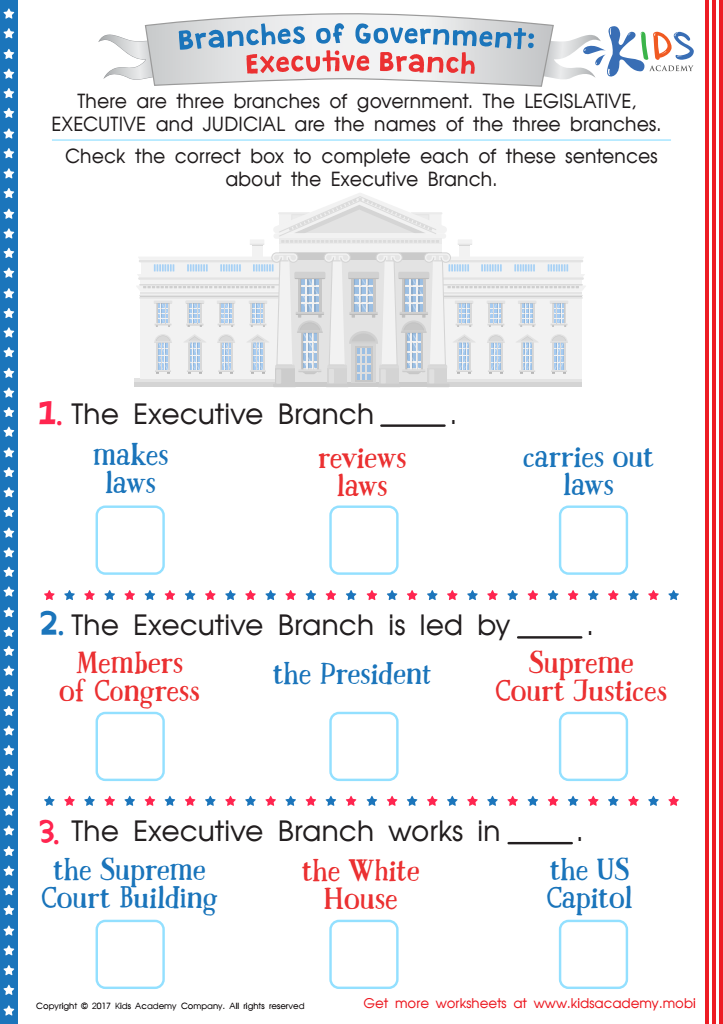

Branches of the Government: Executive Branch Printable
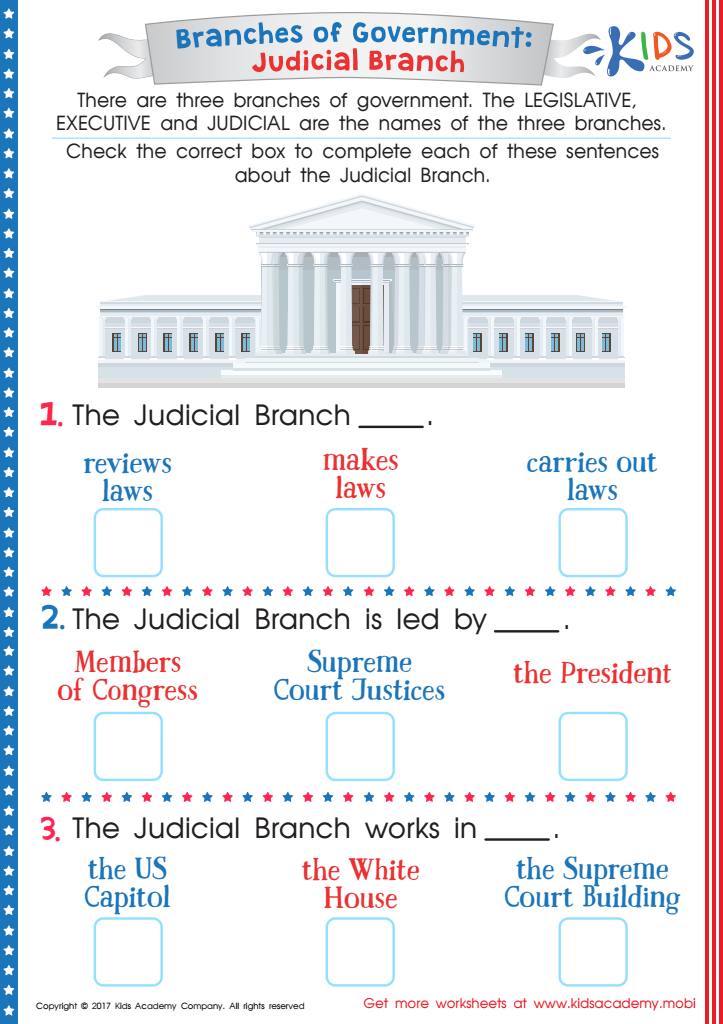

Braches of the Government: Judicial Branch Worksheet
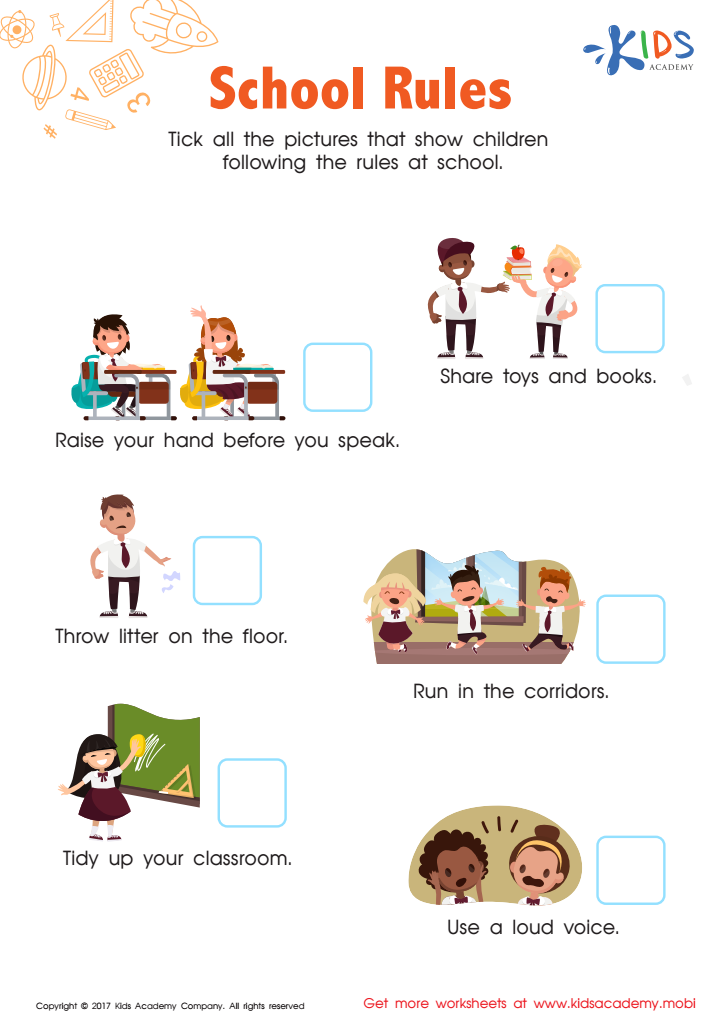

School Rules Worksheet
Teaching Normal Governance and Civics to children aged 4-9 is essential because it lays the foundation for responsible citizenship and community involvement. At this age, children are naturally curious about their environment, and introducing them to the concepts of governance, rules, and community responsibility helps shape their understanding of how society functions.
Understanding basic civic principles, such as fairness, respect, and cooperation, empowers children to engage positively with others. This knowledge fosters critical thinking, enabling them to ask questions about rules and authority, which is crucial for developing well-informed citizens.
Moreover, early engagement in civics promotes active participation and empathy. Children learn the importance of contributing to their community, whether through simple acts like sharing and teamwork or understanding the value of collective decisions. These lessons help create a sense of belonging and responsibility anchored in respect for diversity and inclusion.
For parents and teachers, investing in civics education means guiding children toward becoming active and conscientious members of society. It equips them with the social skills necessary to navigate relationships and societal structures, ultimately leading to a more engaged, informed, and responsible generation.
 Assign to My Students
Assign to My Students









